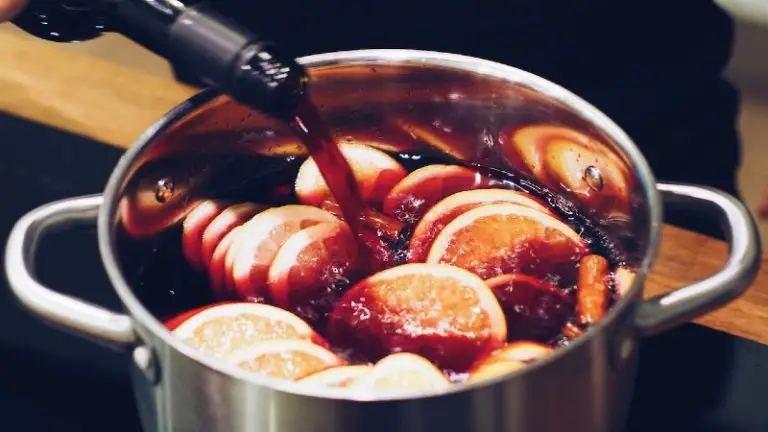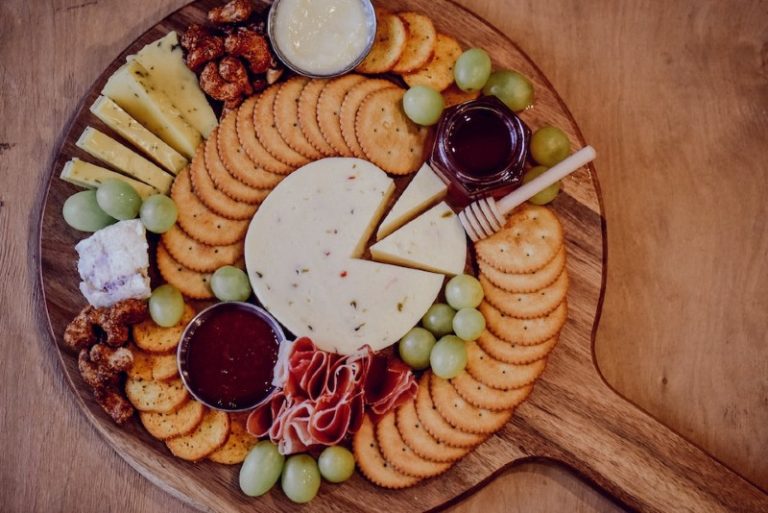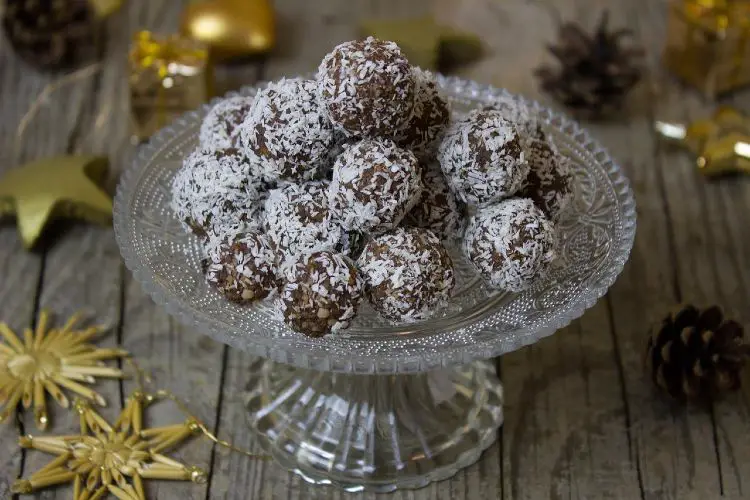Saving Rare Breed Animals
It takes something of a different breed to give up the comfortable 9 to 5 lifestyle in idyllic Kent trading it in for a windswept, cold and somewhat precarious new life in the highlands and islands of Scotland – all for the love of a few chickens and sheep, but that is exactly what we did in 2008.
With 2 dogs, 4 cats and a rabbit in tow, Tracy and I headed north and have never looked back. We have always wanted to work with livestock, it’s an indefinable urge that lies somewhere deeper than just a job or keen hobby. We felt passionately (and still do) that we didn’t want a commercial business nor indeed to play at farming but to achieve a sustainable and more wholesome life – that brought us closer to nature and the land and animals that we share our life with. Somehow we wanted to make a difference.
Desperate not to fall into the trap of wanting the Good Life and seeing it through rose-tinted glasses, we did our homework before we began. Digging away in the mountains of information and archives about animal breeds, we were shocked to find just how many rare breeds of domesticated animals we have already lost and just how many more continue to be under threat. Now, the north of Scotland might not be the depths of the Amazon but we too were losing breeds, diversity and heritage before our very eyes. The Caithness cow and the Orkney pig being some of the examples of those that have disappeared that spurred us on to do something about it. It was then that we decided to dedicate ourselves to doing something about it and the seed of Saving Rare Breeds was sown.
Scarcer than the mountain gorillas in Africa – the Boreray sheep was the first breed we decided to concentrate on. Fewer than 300 individuals existed in the summer of 2008 when we proudly and rather nervously took ownership of our founding flock.
Working closely with the Rare Breeds Survival Trust and specific breed societies our aim is to help to remove as many rare breeds from the watch list as possible. After negotiating the maze of paperwork always associated with livestock, we achieved charitable status in the Autumn of 2009 giving us the chance to spread the word of our work to others and to fundraise to help rare breeds. There are at present over 50 breeds of pig, sheep, goats, cattle and horses on the watch list and our main aim will be to reduce this number.
Inevitably our flock has grown to include several more rare breed sheep; at present we are home to Boreray, Castlemilk Moorit, Shetland and Soays with provision being made to accommodate Portlands and Herdwicks shortly.
Rescue animals are another area we are keen to work with further. Our latest rescue being some abandoned sheep two of which were in lamb and also one we named Noah no Ears. Noah lost his ears to an infection and is one of our animals that is available for sponsorship.
As word of our work has spread so too has the breadth of our rare breeds to include poultry too. The Scot’s Grey, Ixworths and Marsh Daisies will be a focus for 2011 and we have successfully developed a hatching programme which we hope to extend to other rare breeds in the future. Another 2011 scheme is Project Pig and 2 British Lops will become the base for a future breeding programme for this the most endangered of pig breeds.
2010 also saw one of our greatest achievements in securing Julia Kendell as Patron.
The team behind the BBC programme “DIY SOS” are a rare breed in themselves, but the wonderful Julia Kendell in particular. The inspirational interior designer who quite simply makes others dream homes come true has a special place in her heart for wild things, and that doesn’t just mean her fellow presenters and handy men on the must-watch show.
Julia, a keen naturalist, advocate of self-sufficiency and passionate about animal welfare, is highly excited to be working with us and allthe supporters we have world-wide, given the wonders of cyberspace and social networking sites, which is where contact with Julia was first made. Julia is to spearhead our work, as Patron.
Why save rare breeds?
Surely, rare breeds have become just that because they are uneconomical to raise commercially, difficult to look after or simply outclassed by modern breeds?
Rare breeds are absolutely perfect for the modern small-holder as they have effectively been designed to work best as hardy animals fulfilling the specific and often demanding needs of our climate and terrain.
Even on a larger scale, rare breeds have added values that have all but disappeared from more modern breeds. They generally suffer fewer health issues, are good mothers rearing sturdy and healthy offspring with minimal input, and thrive in harsher conditions on poor pasture, harsher climates and terrain and can digest a wider range of plant material that would simply be unpalatable to many others. Many rare breeds are used for precisely this purpose in conservation areas.
Rare breeds generally tend to be smaller and easier to handle as well as having value in the wonderful fleeces and meats that they provide us too. You will find there are many small rare breed livestock keepers around the country producing fantastic quality products. I strongly urge that you check out these small scale producers you will be amazed at the quality and also at the price. You will also be helping with the preservation of these rare breed animals.
Our aim is make some of the breeds of livestock we have common again – we really would like to see the rare part of our name disappearing over the years and for the diversity and heritage of our traditional livestock to be valued in the farming community and within associated industries too.
Maintaining the diversity of characteristics and traits we find in rare breeds can also potentially provide us with options in the future too. With an ever-changing landscape and climate our rare breeds may help us to find solutions to changes we face in the years to come too as well as safeguarding our heritage for future generations.
So what’s happening at Saving Rare Breeds now?
We are really excited at Saving Rare Breeds as we have just launched some really brilliant new opportunities for young people to get involved with saving rare breeds themselves. By sponsoring our animals and keeping track of them and what they are up to. Individuals, schools and community groups can get a first hand account of what it is like to look after livestock and how they fit into our daily lives. Who knows we might just encourage some of the young farmers of the future. To find out more, go to;
http://www.savingrarebreeds.org.uk/Sponsorship.html
A new addition to the sponsorship will be our Easter Ixworth chicks. We will be starting the incubation process at the beginning of April and fingers crossed, will be hatching over the Easter weekend. The whole process from beginning to end will be recorded on your sponsorship page.
Farming whilst caring for the environment is something we care strongly about and follow organic principles. Once we have found a new home we will be pursuing full organic accreditation. In the meantime we are carrying out a 12 month research project with natural wormer market leaders Verm-X into its efficacy. Progress and results will be published on our website.
Also new in 2011 is our e-newsletter which provides news on what’s happening at Saving Rare Breeds and also includes articles on sheep, pig, chicken keeping and also vegetable gardening from some true experts in the field. And the story of Ghillie Mcdog our Deerhound undergoing sheep dog training. 2011 also sees our search for a new home intensify. We have outgrown our current location and we urgently need more space.
How can you support Saving Rare Breeds?
There are many ways you can support Saving Rare Breeds.
By searching the internet using Everyclick – http://www.everyclick.com/savingrarebreeds
Shopping at Amazon using our click through – http://www.savingrarebreeds.org.uk
By sponsoring an animal – http://www.savingrarebreeds.org.uk/Sponsorship.html
Or by making at donation – http://www.everyclick.com/savingrarebreeds
Making donations of livestock keeping equipment. We are always in need of feeding, water troughs and sheep hurdles.
You can also keep in touch via our Website: www.savingrarebreeds.org.uk.
Contact Details:-
Stephen Pickup & Tracy Owen
Tel: 07514 408293



